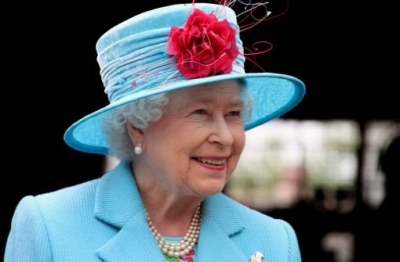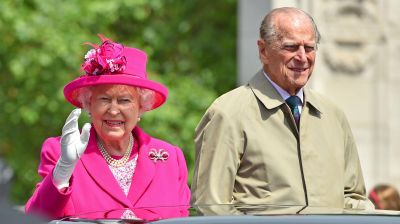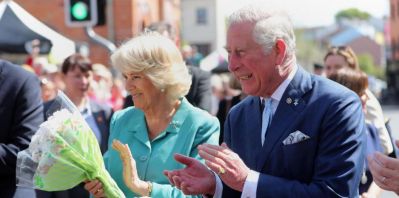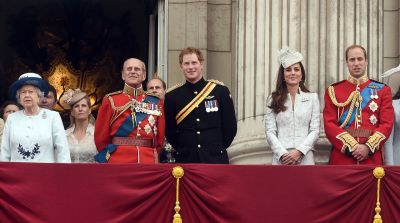
English Encyclopedia
 United Kingdom
United Kingdom
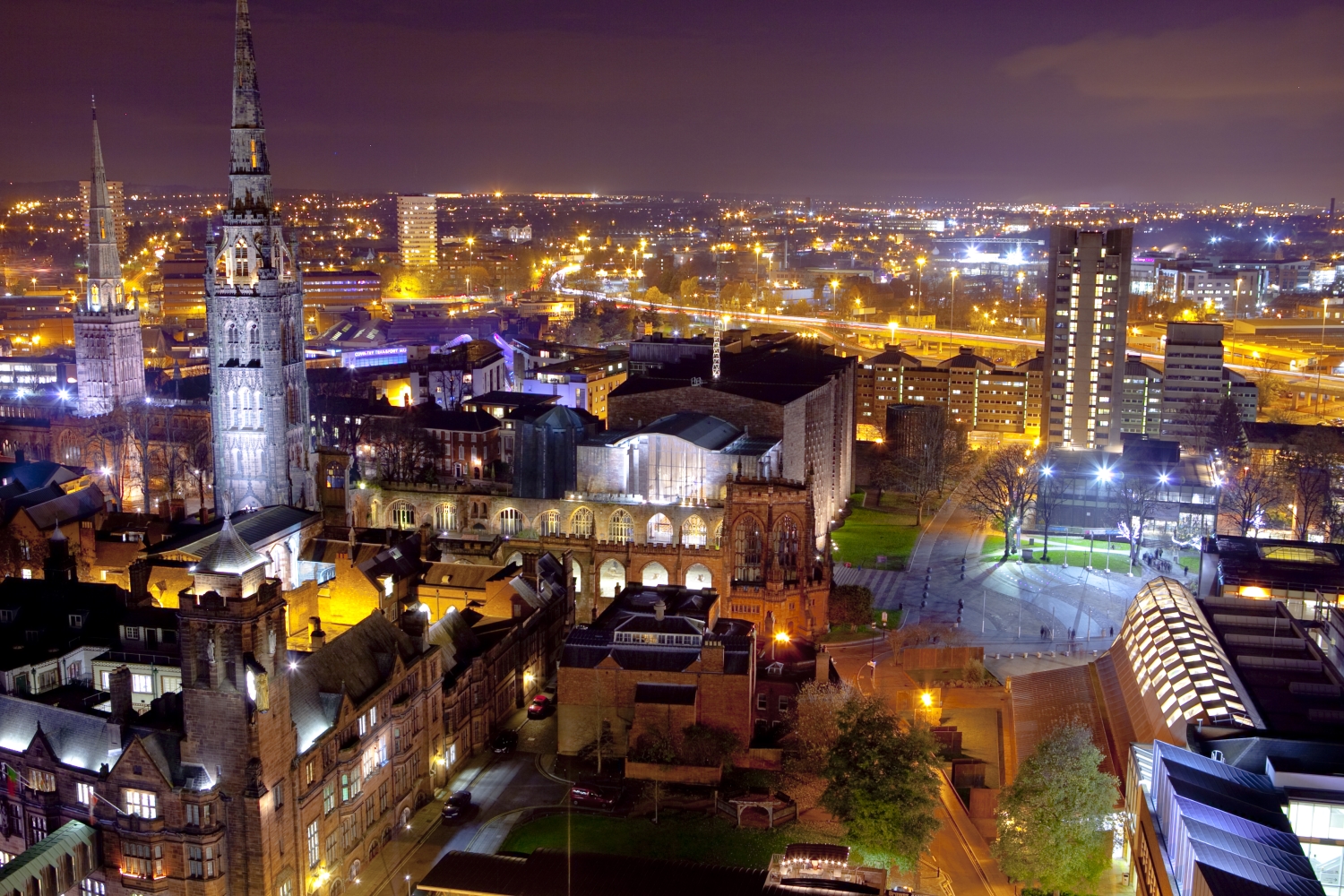
Coventry (/ˈkɒvəntri/ ( listen) KOV-ən-tree[5] or /ˈkʌv-/ KUV-)[6] is a city in the West Midlands, England. It is on the River Sherbourne. Coventry has been a large settlement for centuries, although it was not founded and given its city status until the Middle Ages. The conurbation consists of the Coventry and Bedworth Urban Area, the 20th largest in the country; the city is governed by Coventry City Council.
listen) KOV-ən-tree[5] or /ˈkʌv-/ KUV-)[6] is a city in the West Midlands, England. It is on the River Sherbourne. Coventry has been a large settlement for centuries, although it was not founded and given its city status until the Middle Ages. The conurbation consists of the Coventry and Bedworth Urban Area, the 20th largest in the country; the city is governed by Coventry City Council.
Historically part of Warwickshire, Coventry had a population of 316,915 at the 2011 census,[7] making it the 9th largest city in England and the 11th largest in the United Kingdom.[8] It is the second largest city in the West Midlands, after Birmingham, from which it is separated by the Meriden Gap.
Coventry is 19 miles (31 km) east-south-east of Birmingham, 24 miles (39 km) south-west of Leicester, 11 miles (18 km) north of Warwick and 95 miles (153 km) north-west of London. Coventry is also the most central city in England, being only 12 miles (18 km) south-west of the country's geographical centre in Leicestershire.[9][10]
Coventry Cathedral was built after most of the 14th-century cathedral church of Saint Michael was destroyed by the Luftwaffe in the Coventry Blitz of 14 November 1940. Coventry motor companies have contributed significantly to the British motor industry. The city has three universities: Coventry University in the city centre, the University of Warwick on the southern outskirts and the smaller private Arden University with its headquarters close to Coventry Airport.
Coventry was awarded UK City of Culture for 2021.[11][12][13]
 Eurovision Song Contest,ESC
Eurovision Song Contest,ESC

 Financial
Financial
 ***Global Financial Center
***Global Financial Center

 History
History
 N 2000 - 2100 AD
N 2000 - 2100 AD

 History
History
 M 1500 - 2000 AD
M 1500 - 2000 AD

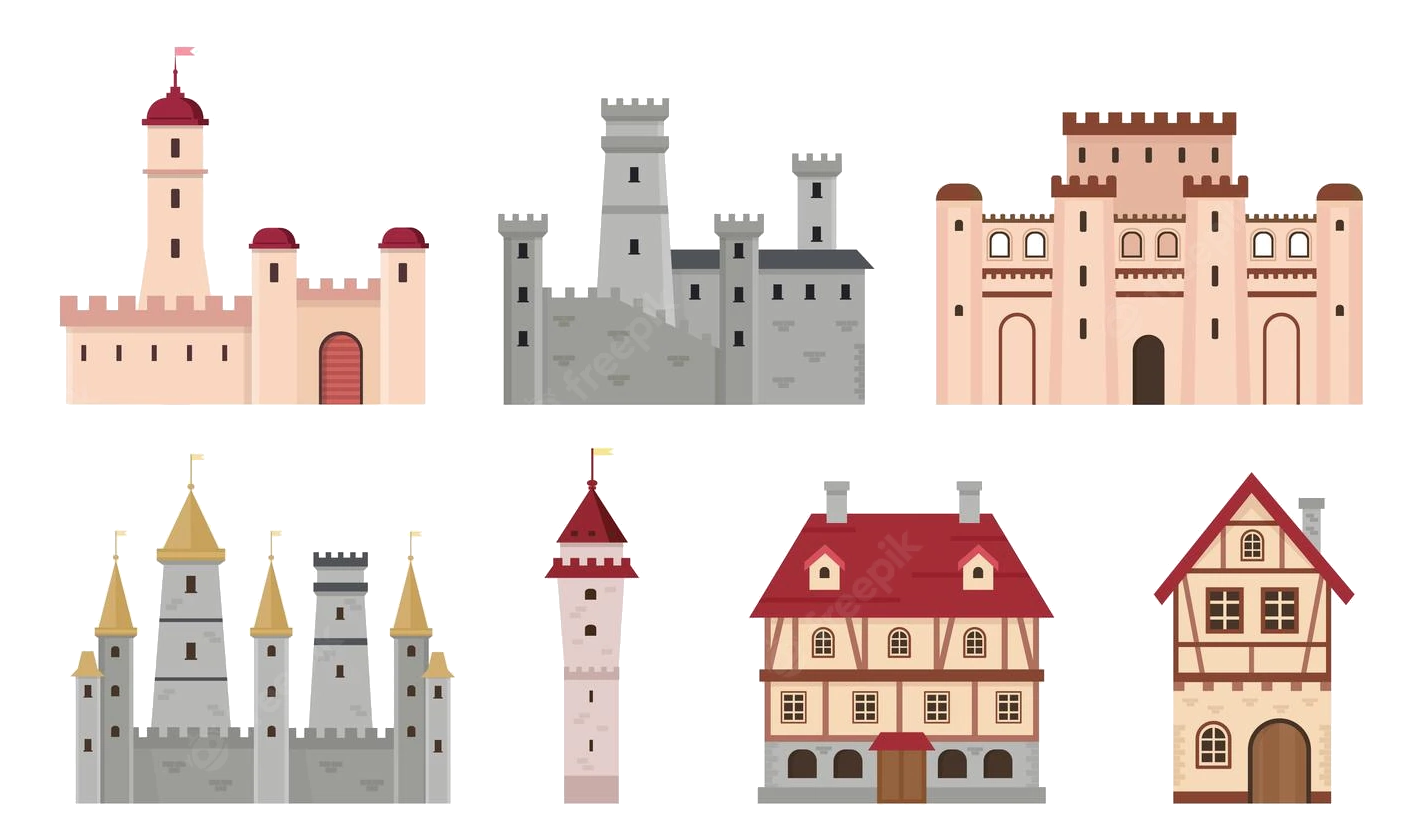 Medieval cities in Europe
Medieval cities in Europe
 Schottland
Schottland
 United Kingdom
United Kingdom

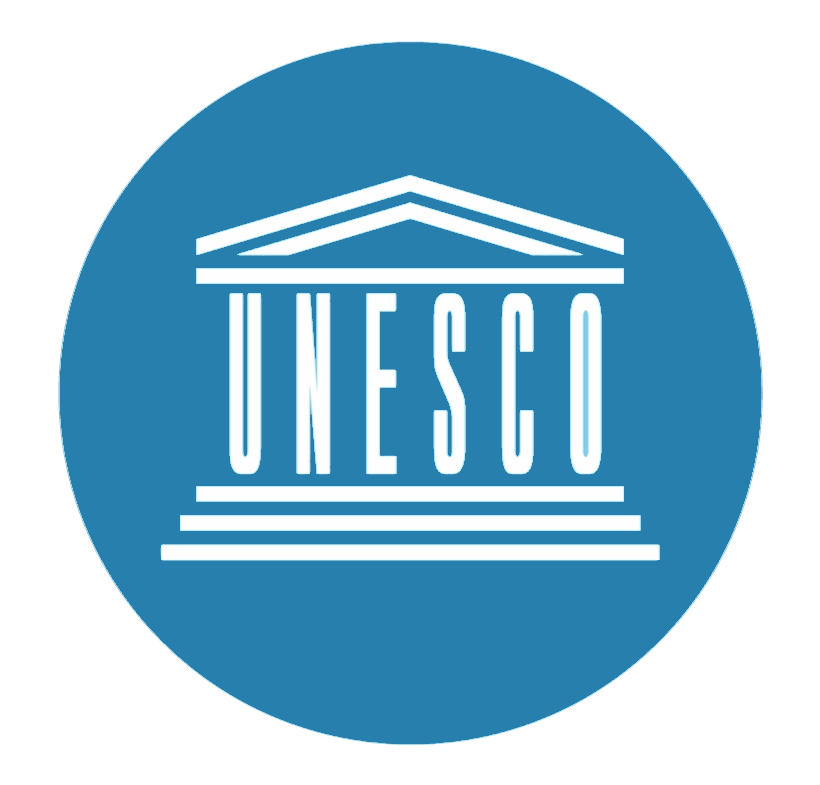 World Heritage
World Heritage

Edinburgh (/ˈɛdɪnbərə/ ( listen);[6][7][8] Scottish Gaelic: Dùn Èideann [ˈt̪uːn ˈeːtʲən̪ˠ]; Scots: Edinburgh) is the capital city of Scotland and one of its 32 council areas. Historically part of the county of Midlothian (or Edinburghshire), it is located in Lothian on the Firth of Forth's southern shore.
listen);[6][7][8] Scottish Gaelic: Dùn Èideann [ˈt̪uːn ˈeːtʲən̪ˠ]; Scots: Edinburgh) is the capital city of Scotland and one of its 32 council areas. Historically part of the county of Midlothian (or Edinburghshire), it is located in Lothian on the Firth of Forth's southern shore.
Recognised as the capital of Scotland since at least the 15th century, Edinburgh is the seat of the Scottish Government, the Scottish Parliament and the supreme courts of Scotland. The city's Palace of Holyroodhouse is the official residence of the monarchy in Scotland. The city has long been a centre of education, particularly in the fields of medicine, Scots law, literature, the sciences and engineering. It is the second largest financial centre in the United Kingdom (after London)[9] and the city's historical and cultural attractions have made it the United Kingdom's second most popular tourist destination, attracting over one million overseas visitors each year.[10]
Edinburgh is Scotland's second most populous city and the seventh most populous in the United Kingdom. The official population estimates are 464,990 (2012) for the Locality of Edinburgh (Edinburgh pre 1975 regionalisation plus Currie and Balerno),[1] 513,210 (2017) for the City of Edinburgh,[2] and 1,339,380 (2014) for the city region.[2][3] Edinburgh lies at the heart of the Edinburgh and South East Scotland city region comprising East Lothian, Edinburgh, Fife, Midlothian, Scottish Borders and West Lothian.[11]
The city is the annual venue of the General Assembly of the Church of Scotland. It is home to national institutions such as the National Museum of Scotland, the National Library of Scotland and the Scottish National Gallery. The University of Edinburgh, founded in 1582 and now one of four in the city, was placed 23rd in the QS World University Rankings in 2018.[12] The city is also famous for the Edinburgh International Festival and the Fringe, the latter being the world's largest annual international arts festival. Historic sites in Edinburgh include Edinburgh Castle, the Palace of Holyroodhouse, the churches of St. Giles, Greyfriars and the Canongate, and the extensive Georgian New Town, built in the 18th/19th centuries. Edinburgh's Old Town and New Town together are listed as a UNESCO World Heritage site,[13] which has been managed by Edinburgh World Heritage since 1999.
 England
England
 Fabio Capello
Fabio Capello
 FIFA Fussball-Weltmeisterschaft 2014
FIFA Fussball-Weltmeisterschaft 2014
 FIFA Fussball-Weltmeisterschaft 2018
FIFA Fussball-Weltmeisterschaft 2018
 Group G
Group G
 FIFA Fussball-Weltmeisterschaft 2022
FIFA Fussball-Weltmeisterschaft 2022
 FIFA Weltmeister Favoriten Teams *
FIFA Weltmeister Favoriten Teams *
 UEFA European Championship 2016
UEFA European Championship 2016
 UEFA European Championship 2020
UEFA European Championship 2020
 Group A
Group A

 Sport
Sport
 Group G
Group G

 Sport
Sport
 (F)UEFA Nations League
(F)UEFA Nations League
 Sven-Göran Eriksson
Sven-Göran Eriksson
 UEFA Nations League
UEFA Nations League
 UEFA Nations League A - Group 4
UEFA Nations League A - Group 4
 United Kingdom
United Kingdom

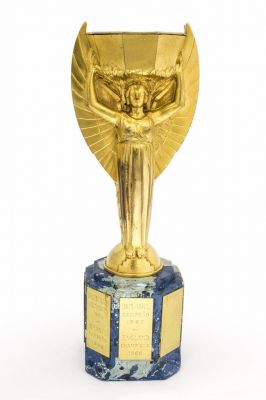



The England national football team has represented England in international football since the first international match in 1872. It is controlled by The Football Association (FA), the governing body for football in England, which is affiliated with UEFA and comes under the global jurisdiction of world football's governing body FIFA.[3][4] England competes in the three major international tournaments contested by European nations: the FIFA World Cup, the UEFA European Championship, and the UEFA Nations League.
England is the joint oldest national team in football. It played in the world's first international football match in 1872, against Scotland. England's home ground is Wembley Stadium, London, and its training headquarters is St George's Park, Burton upon Trent. The team's manager is Gareth Southgate.
England is one of eight nations to have won the World Cup.[5] England has qualified for the World Cup 15 times. It won the 1966 World Cup Final, a tournament it also hosted, and finished fourth in both 1990 and 2018. England has never won the European Championship, with its best performance to date being runners-up in 2020. As a constituent country of the United Kingdom, England is not a member of the International Olympic Committee and so does not compete at the Olympic Games. England is currently the only team to have won the World Cup but not won any major continental title at senior level, and the only non-sovereign entity to have won the World Cup.
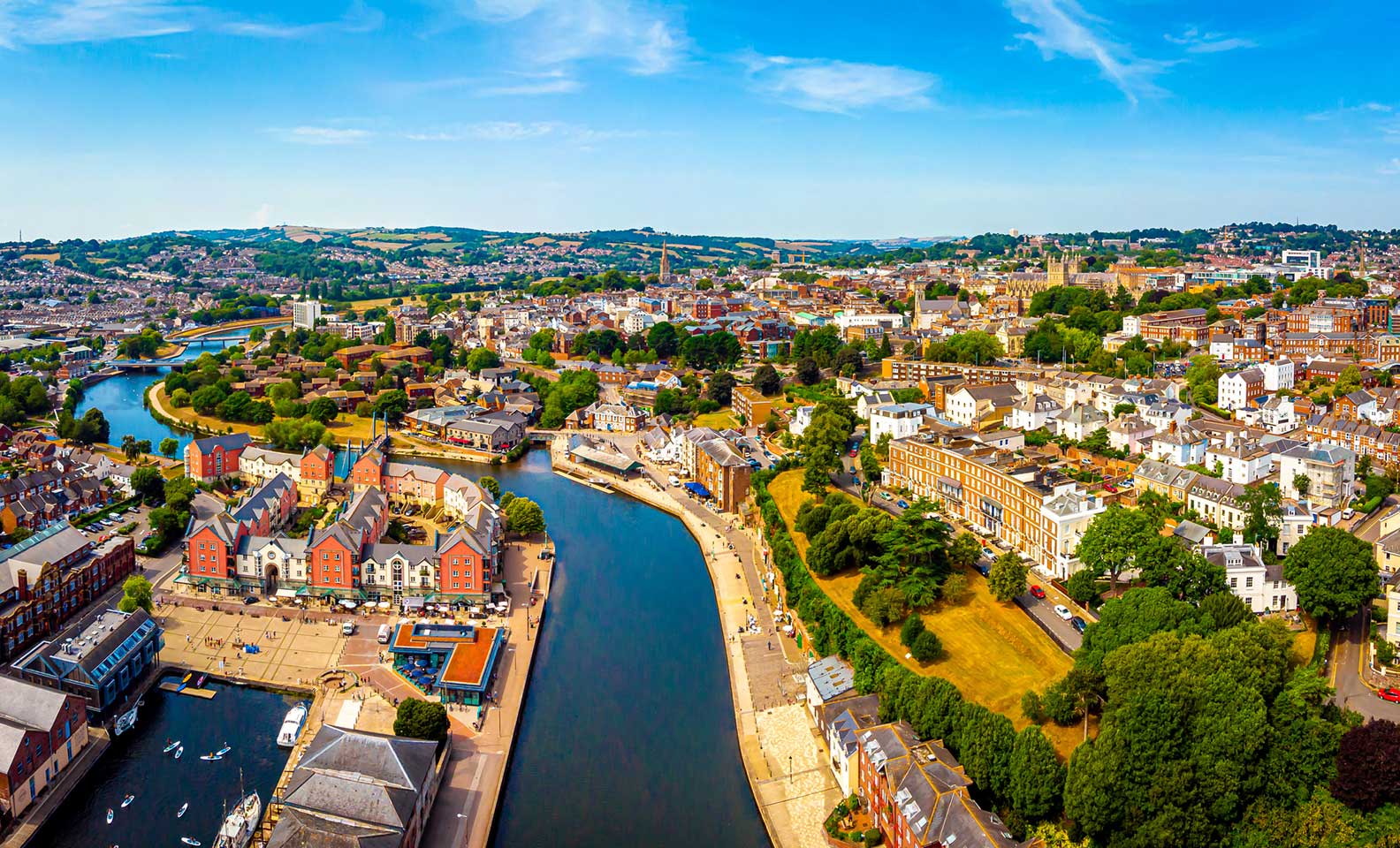
Exeter (/ˈɛksɪtər/ ( listen)) is a city in Devon, South West England. It is situated on the River Exe, approximately 36 mi (58 km) northeast of Plymouth and 65 mi (105 km) southwest of Bristol.
listen)) is a city in Devon, South West England. It is situated on the River Exe, approximately 36 mi (58 km) northeast of Plymouth and 65 mi (105 km) southwest of Bristol.
In Roman Britain, Exeter was established as the base of Legio II Augusta under the personal command of Vespasian. Exeter became a religious centre in the Middle Ages. Exeter Cathedral, founded in the mid 11th century, became Anglican in the 16th-century English Reformation. Exeter became an affluent centre for the wool trade, although by the First World War the city was in decline. After the Second World War, much of the city centre was rebuilt and is now a centre for education, business and tourism in Devon and Cornwall. It is home to two of the constituent campuses of the University of Exeter: Streatham and St Luke's.
The administrative area of Exeter has the status of a non-metropolitan district under the administration of the County Council. It is the county town of Devon and home to the headquarters of Devon County Council. A plan to grant the city unitary authority status was scrapped by the 2010 coalition government.
 Argentina
Argentina
 Australia
Australia
 Brazil
Brazil

 China
China
 Germany
Germany
 England
England

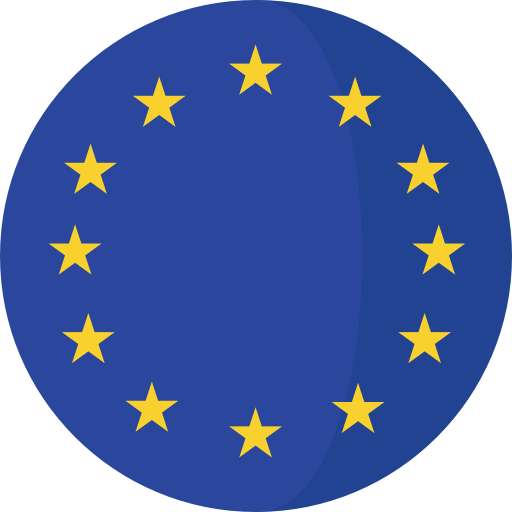 European Union
European Union
 France
France

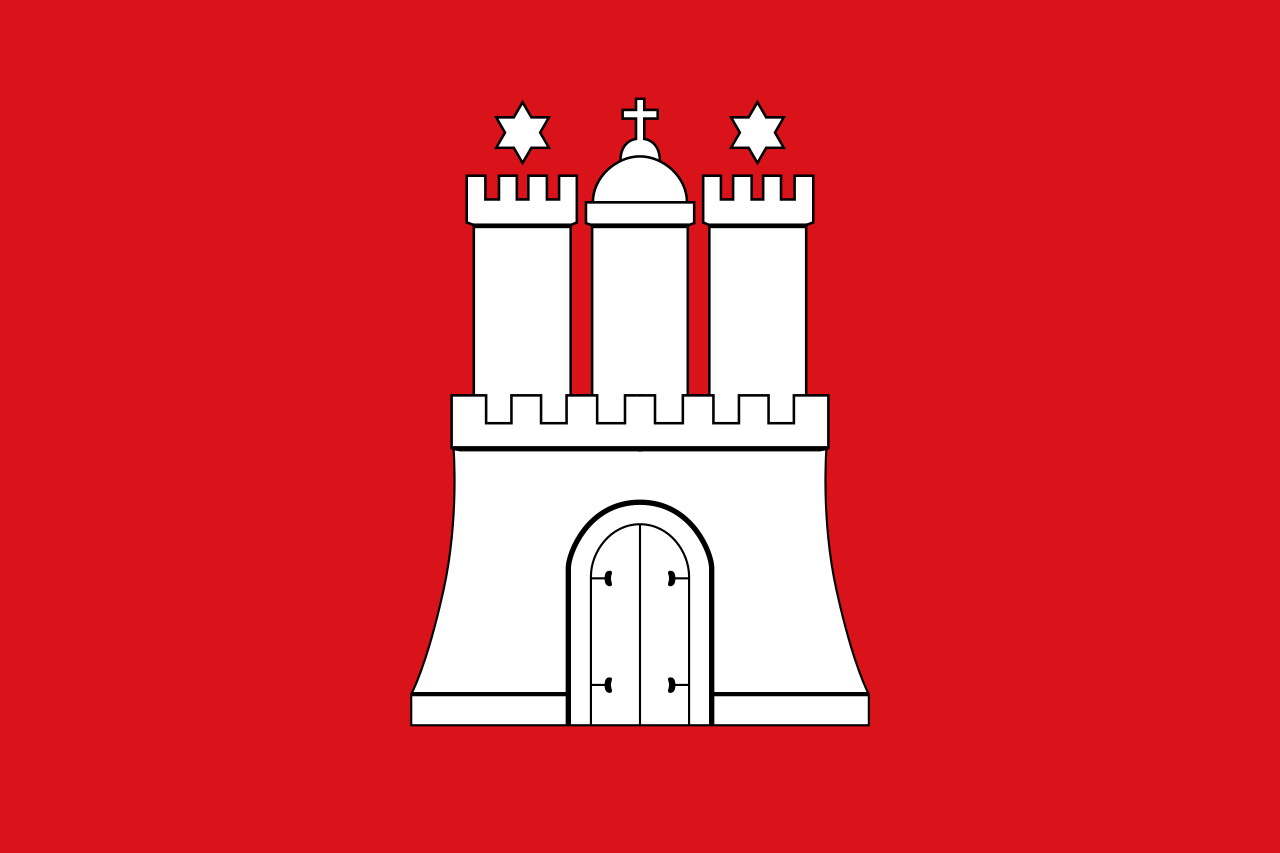 Hamburg
Hamburg

 Hand in Hand
Hand in Hand
 India
India
 Indonesia
Indonesia
 Italy
Italy
 Japan
Japan
 Mexico
Mexico
 Nicolas Sarközy
Nicolas Sarközy

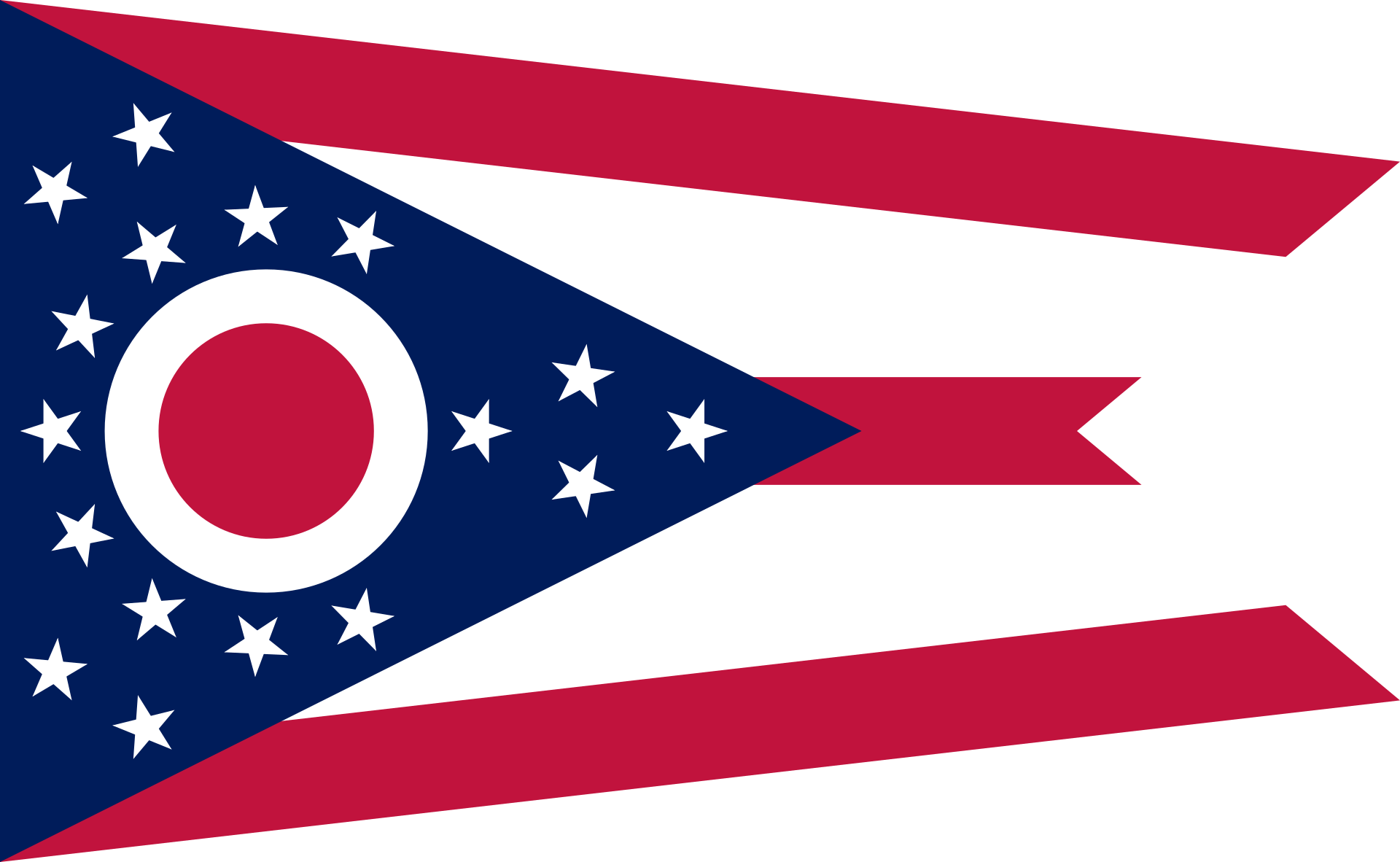 Ohio-OH
Ohio-OH

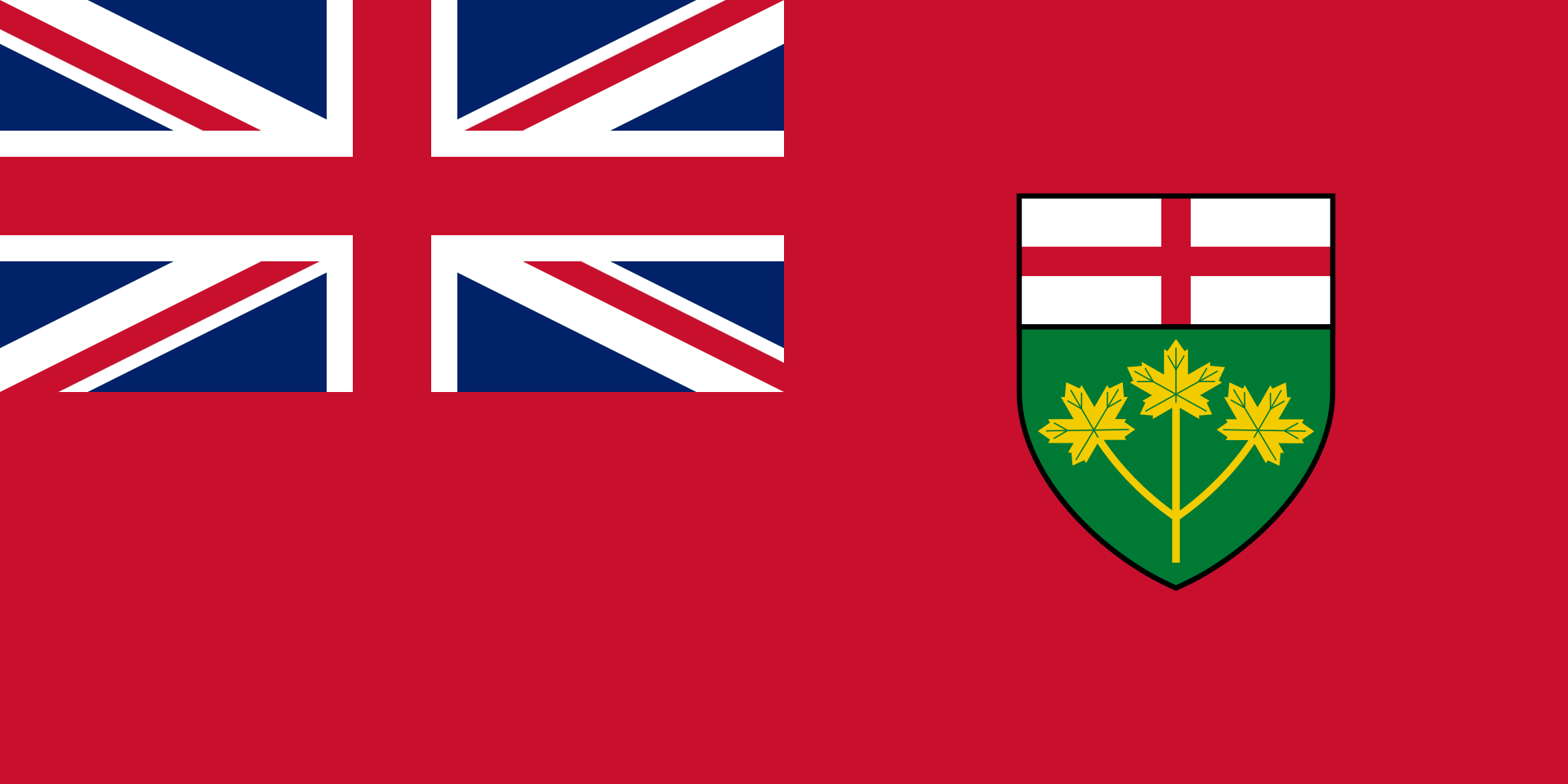 Ontario-ON
Ontario-ON

 Party and government
Party and government

 Party and government
Party and government
 Group of the twenty most important industrial and emerging countries
Group of the twenty most important industrial and emerging countries

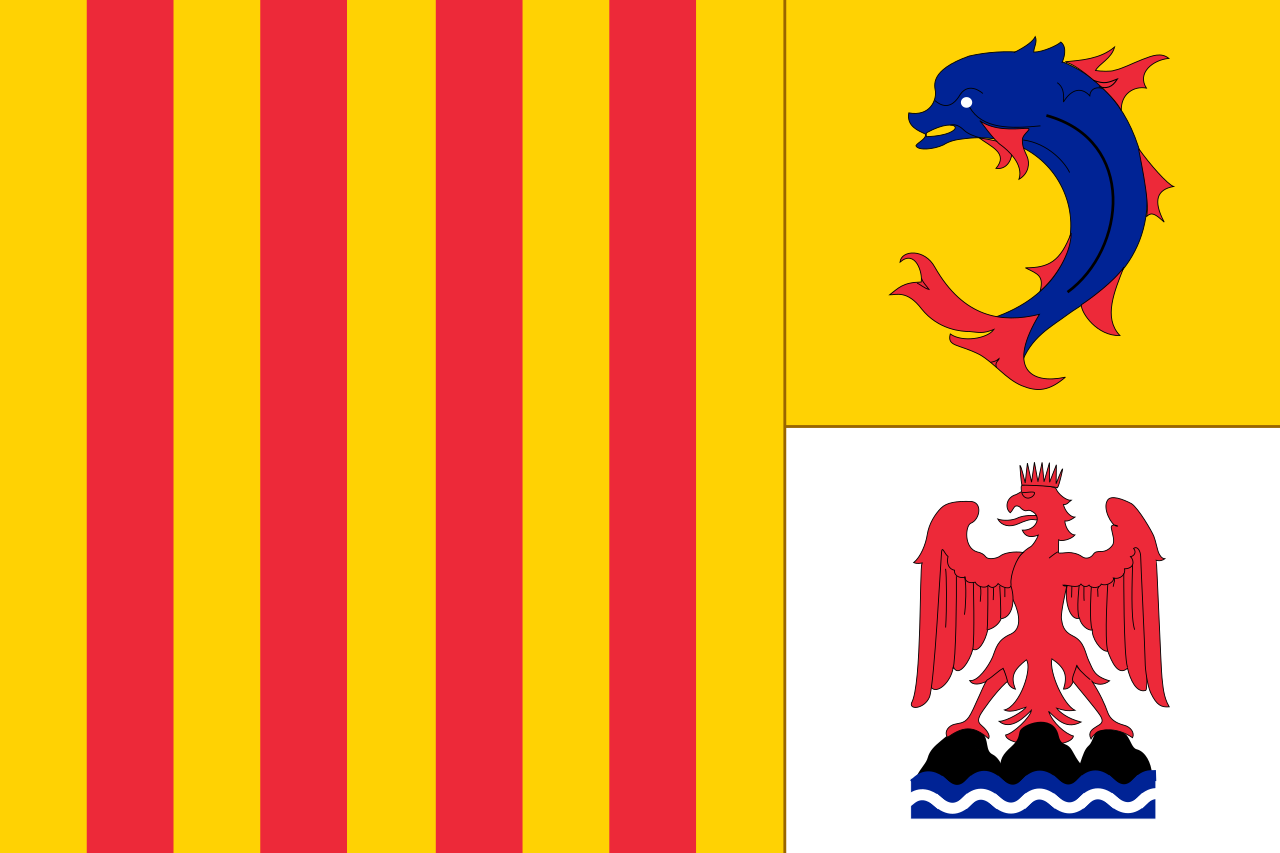 Provence-Alpes-Côte d´Azur
Provence-Alpes-Côte d´Azur

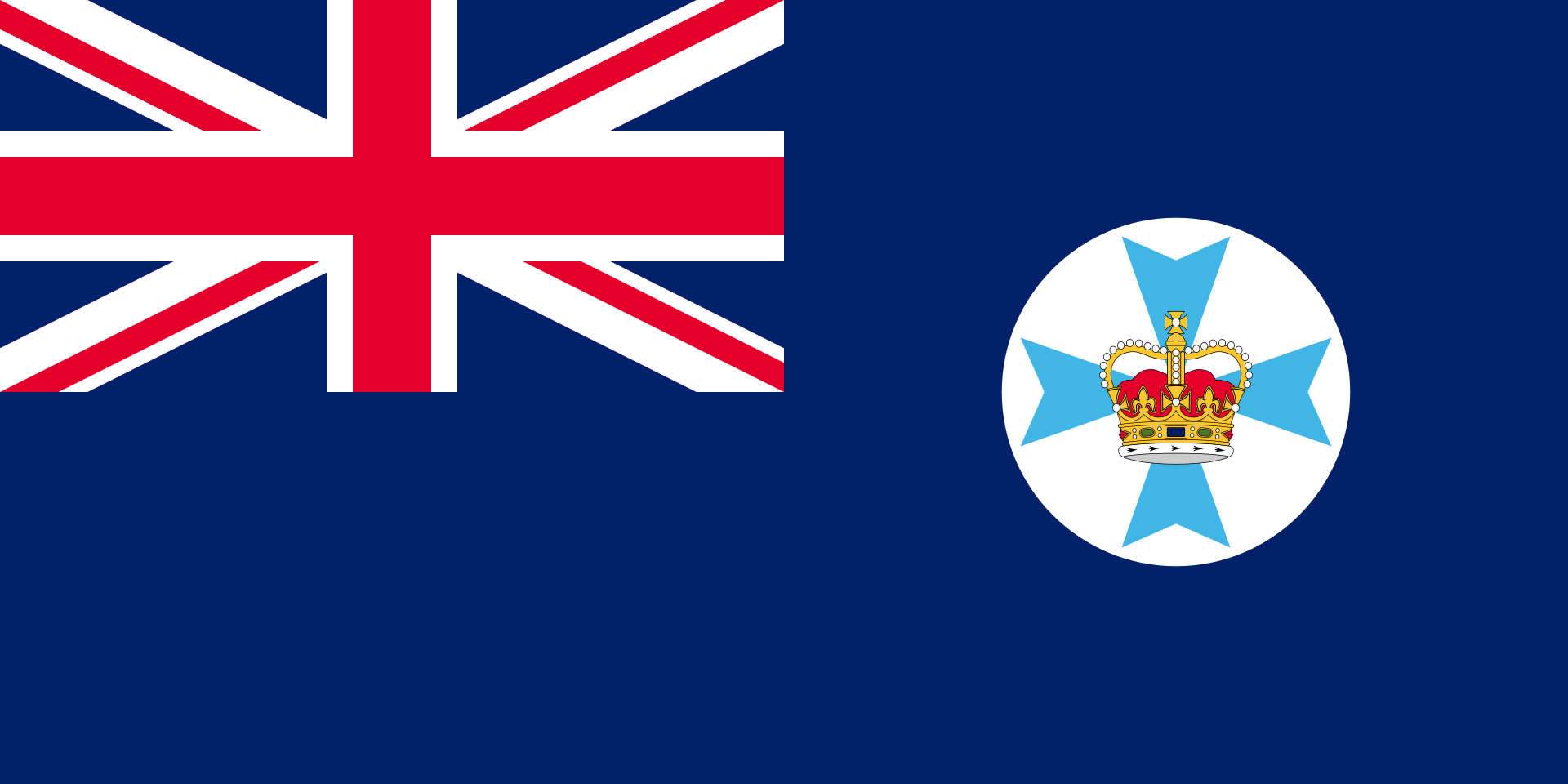 Queensland-QLD
Queensland-QLD
 Republic of Korea
Republic of Korea
 Russia
Russia
 Saudi Arabia
Saudi Arabia
 South Africa
South Africa
 Turkey
Turkey
 United Kingdom
United Kingdom

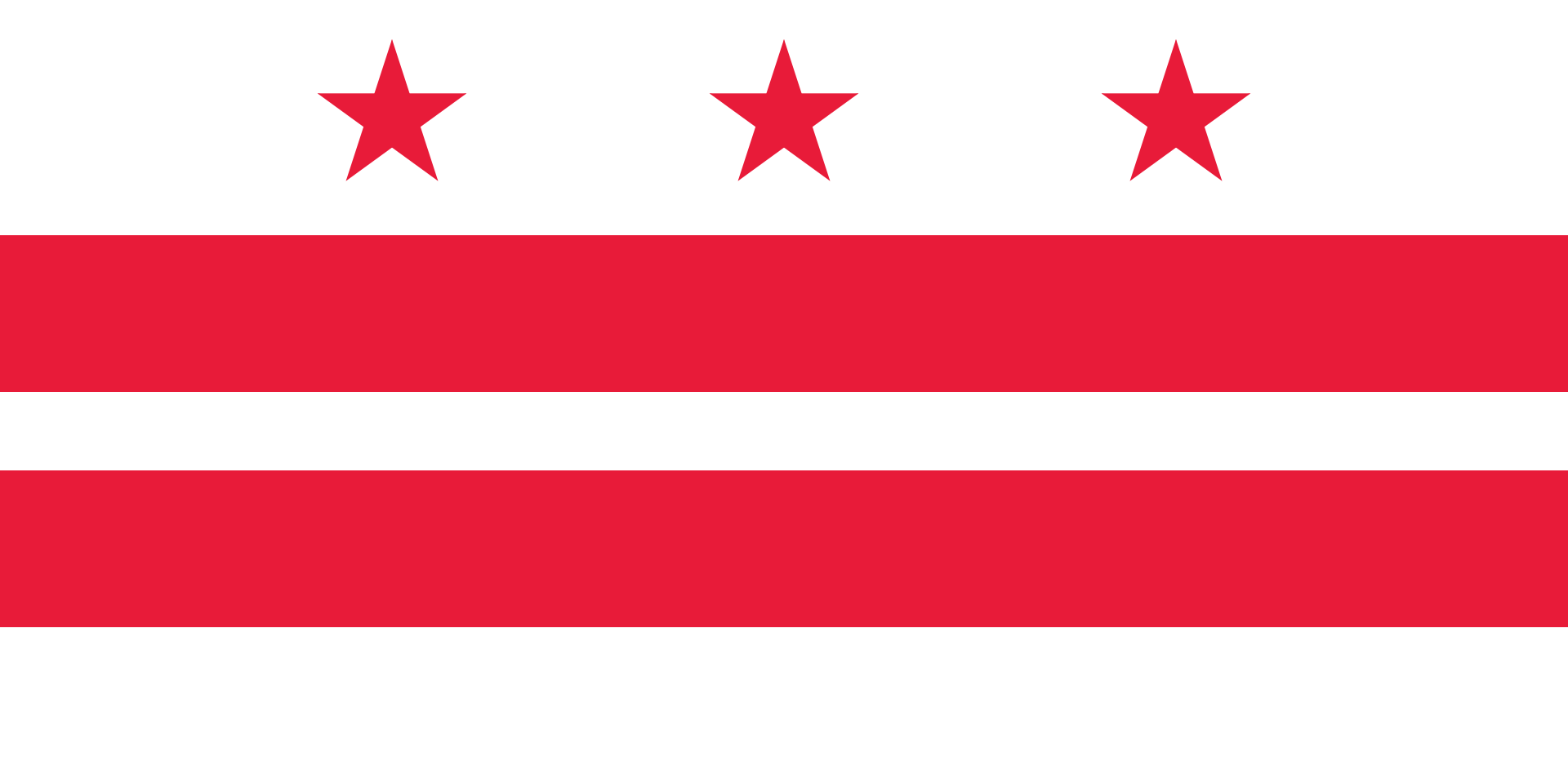 Washington, D.C.
Washington, D.C.
 Zhejiang Sheng-ZJ
Zhejiang Sheng-ZJ
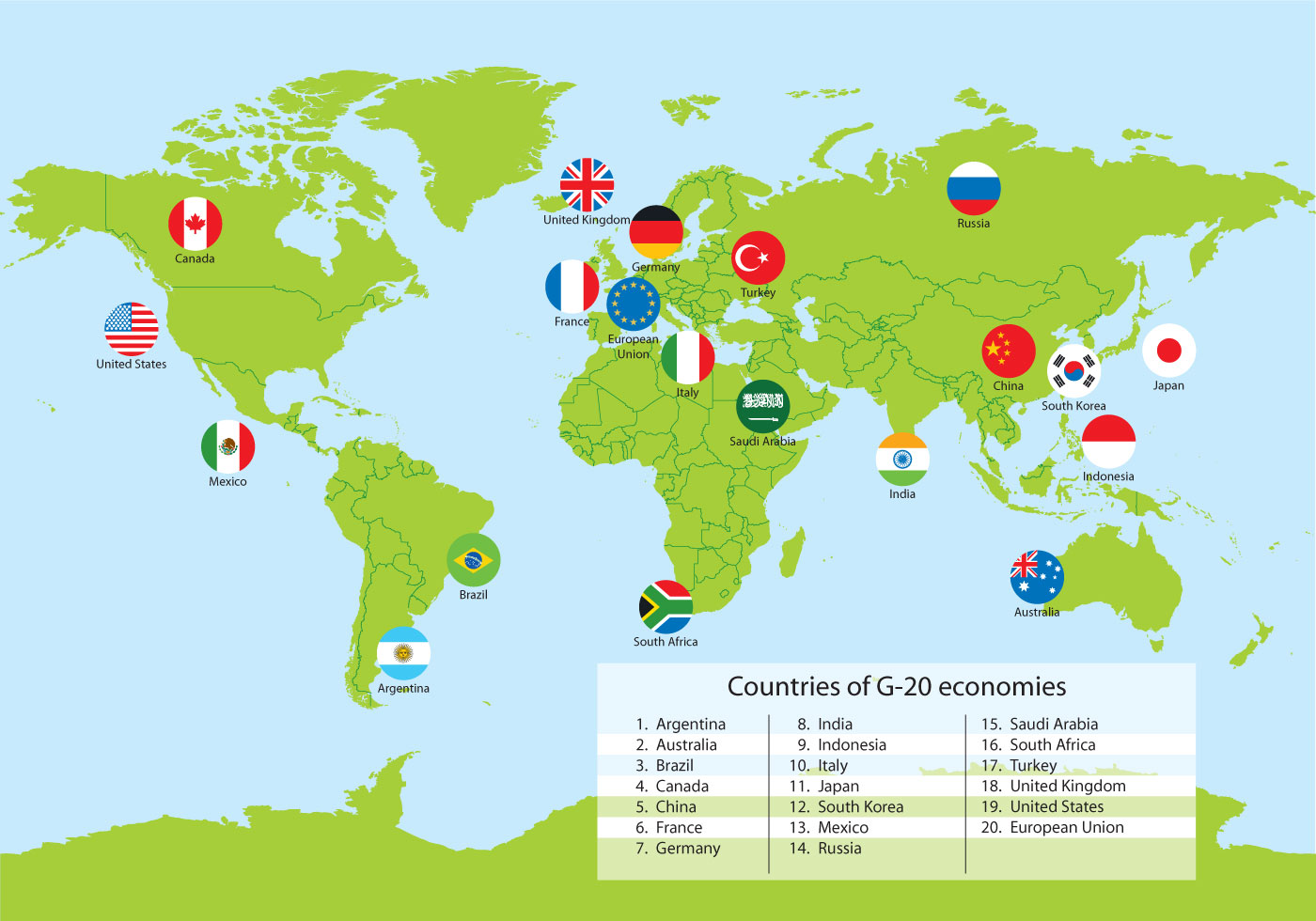
The G20 (or Group of Twenty) is an international forum for the governments and central bank governors from 19 countries and the European Union (EU). Founded in 1999 with the aim to discuss policy pertaining to the promotion of international financial stability,[3] the G20 has expanded its agenda since 2008 and heads of government or heads of state, as well as finance ministers, foreign ministers and think tanks[4], have periodically conferred at summits ever since. It seeks to address issues that go beyond the responsibilities of any one organization.[3]
Membership of the G20 consists of 19 individual countries plus the European Union. The EU is represented by the European Commission and by the European Central Bank. Collectively, the G20 economies account for around 90%[5] of the gross world product (GWP), 80% of world trade (or, if excluding EU intra-trade, 75%), two-thirds of the world population,[2] and approximately half of the world land area.
With the G20 growing in stature[6] after its inaugural leaders' summit in 2008, its leaders announced on 25 September 2009 that the group would replace the G8 as the main economic council of wealthy nations.[7] Since its inception, the G20's membership policies have been criticized by some intellectuals,[8][9] and its summits have been a focus for major protests.[10][11]
The heads of the G20 nations held summits twice in 2009 and twice in 2010. Since the November 2011 Cannes summit, G20 summits have been held annually.[12]
 UEFA European Championship 2020
UEFA European Championship 2020

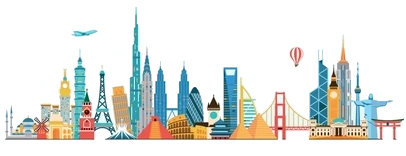 International cities
International cities
 *European Capital of Culture
*European Capital of Culture
 Schottland
Schottland
 United Kingdom
United Kingdom

Glasgow (Scots: Glesga; Scottish Gaelic: Glaschu) is the most populous city in Scotland and the fourth-most populous city in the United Kingdom, as well as being the 27th largest city by population in Europe.[6] In 2020, it had an estimated population of 635,640. Historically part of Lanarkshire, the city now forms the Glasgow City council area, one of the 32 council areas of Scotland, and is governed by Glasgow City Council. Glasgow is situated on the River Clyde in the country's West Central Lowlands. It is the fifth-most visited city in the United Kingdom.[7]
Glasgow grew from a small rural settlement on the River Clyde to become the largest seaport in Scotland, and tenth largest by tonnage in Britain. Expanding from the medieval bishopric and royal burgh, and the later establishment of the University of Glasgow in the 15th century, it became a major centre of the Scottish Enlightenment in the 18th century. From the 18th century onwards, the city also grew as one of Britain's main hubs of transatlantic trade with North America and the West Indies. With the onset of the Industrial Revolution, the population and economy of Glasgow and the surrounding region expanded rapidly to become one of the world's pre-eminent centres of chemicals, textiles and engineering; most notably in the shipbuilding and marine engineering industry, which produced many innovative and famous vessels. Glasgow was the "Second City of the British Empire" for much of the Victorian era and the Edwardian era.[8][9][10][11]
In the late 19th and early 20th centuries, Glasgow's population grew rapidly, reaching a peak of 1,127,825 people in 1938.[12] The population of Glasgow was greatly reduced following comprehensive urban renewal projects in the 1960s which resulted in large-scale relocation of people to designated new towns, such as Cumbernauld, Livingston, East Kilbride and peripheral suburbs, followed by successive boundary changes. Over 985,200 people live in the Greater Glasgow contiguous urban area, while the wider Glasgow City Region is home to over 1,800,000 people, equating to around 33% of Scotland's population.[2] The city has one of the highest densities of any locality in Scotland at 4,023/km2.
Glasgow has the largest economy in Scotland and the third highest GDP per capita of any city in the UK.[13][14] Glasgow's major cultural institutions - the Burrell Collection, Kelvingrove Art Gallery and Museum, the Royal Scottish National Orchestra, Scottish Ballet and Scottish Opera – enjoy international reputations. The city was the European Capital of Culture in 1990 and is notable for its architecture, culture, media, music scene, sports clubs and transport connections. Natives or inhabitants of Glasgow are known as Glaswegians, and are well known for their distinctive dialect and accent. Glasgow hosted the 2014 Commonwealth Games and the first European Championships in 2018, and was one of the host cities for UEFA Euro 2020. The city is also well known in the sporting world for football, particularly the Old Firm rivalry between Celtic and Rangers.
 Argentina
Argentina
 Australia
Australia
 Belgium
Belgium
 Brazil
Brazil

 China
China
 Denmark
Denmark
 Germany
Germany

 Financial
Financial
 International Bank for Cooperation
International Bank for Cooperation
 France
France
 Holland
Holland
 India
India
 Indonesia
Indonesia
 Internationaler Währungsfonds
Internationaler Währungsfonds
 Camille Gutt
Camille Gutt
 Internationaler Währungsfonds
Internationaler Währungsfonds
 Christine Lagarde
Christine Lagarde
 Internationaler Währungsfonds
Internationaler Währungsfonds
 Dominique Strauss-Kahn
Dominique Strauss-Kahn
 Internationaler Währungsfonds
Internationaler Währungsfonds
 Horst Köhler
Horst Köhler
 Internationaler Währungsfonds
Internationaler Währungsfonds
 Ivar Rooth
Ivar Rooth
 Internationaler Währungsfonds
Internationaler Währungsfonds
 Jacques de Larosière
Jacques de Larosière
 Internationaler Währungsfonds
Internationaler Währungsfonds
 Johan Witteveen
Johan Witteveen
 Internationaler Währungsfonds
Internationaler Währungsfonds
 Michel Camdessus
Michel Camdessus
 Internationaler Währungsfonds
Internationaler Währungsfonds
 Per Jacobsson
Per Jacobsson
 Internationaler Währungsfonds
Internationaler Währungsfonds
 Pierre-Paul Schweitzer
Pierre-Paul Schweitzer
 Internationaler Währungsfonds
Internationaler Währungsfonds
 Rodrigo Rato
Rodrigo Rato
 Italy
Italy
 Japan
Japan
 Malaysia
Malaysia
 Mexico
Mexico
 Nigeria
Nigeria
 Norwegen
Norwegen
 Austria
Austria
 Poland
Poland
 Republic of Korea
Republic of Korea
 Russia
Russia
 Saudi Arabia
Saudi Arabia
 Sweden
Sweden
 Switzerland
Switzerland
 Spain
Spain
 South Africa
South Africa

 Venezuela
Venezuela
 United Kingdom
United Kingdom

 Washington, D.C.
Washington, D.C.

 Economy and trade
Economy and trade
 Economic and political research
Economic and political research

The International Monetary Fund (IMF) is an international organization headquartered in Washington, D.C., consisting of 189 countries working to foster global monetary cooperation, secure financial stability, facilitate international trade, promote high employment and sustainable economic growth, and reduce poverty around the world while periodically depending on the World Bank for its resources.[1] Formed in 1944 at the Bretton Woods Conference primarily by the ideas of Harry Dexter White and John Maynard Keynes,[6] it came into formal existence in 1945 with 29 member countries and the goal of reconstructing the international payment system. It now plays a central role in the management of balance of payments difficulties and international financial crises.[7] Countries contribute funds to a pool through a quota system from which countries experiencing balance of payments problems can borrow money. As of 2016, the fund had XDR 477 billion (about US$ 667 billion).[8]
Through the fund and other activities such as the gathering of statistics and analysis, surveillance of its members' economies, and the demand for particular policies,[9] the IMF works to improve the economies of its member countries.[10] The organization's objectives stated in the Articles of Agreement are:[11] to promote international monetary co-operation, international trade, high employment, exchange-rate stability, sustainable economic growth, and making resources available to member countries in financial difficulty.[12] IMF funds come from two major sources: quotas and loans. Quotas, which are pooled funds of member nations, generate most IMF funds. The size of a member's quota depends on its economic and financial importance in the world. Nations with larger economic importance have larger quotas. The quotas are increased periodically as a means of boosting the IMF's resources in the form of special drawing rights.[13]
The current Managing Director (MD) and Chairwoman of the IMF is Bulgarian Economist Kristalina Georgieva, who has held the post since October 1, 2019.[14]
Gita Gopinath was appointed as Chief Economist of IMF from 1 October 2018. She received her PhD in economics from Princeton University. Prior to her IMF appointment she was economic adviser to the Chief Minister of Kerala, India.[15]
 England
England

 International cities
International cities
 *European Capital of Culture
*European Capital of Culture
 Silk road
Silk road
 United Kingdom
United Kingdom

 World Heritage
World Heritage

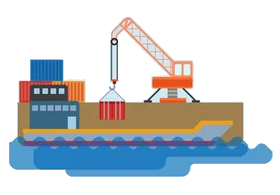 Important port
Important port
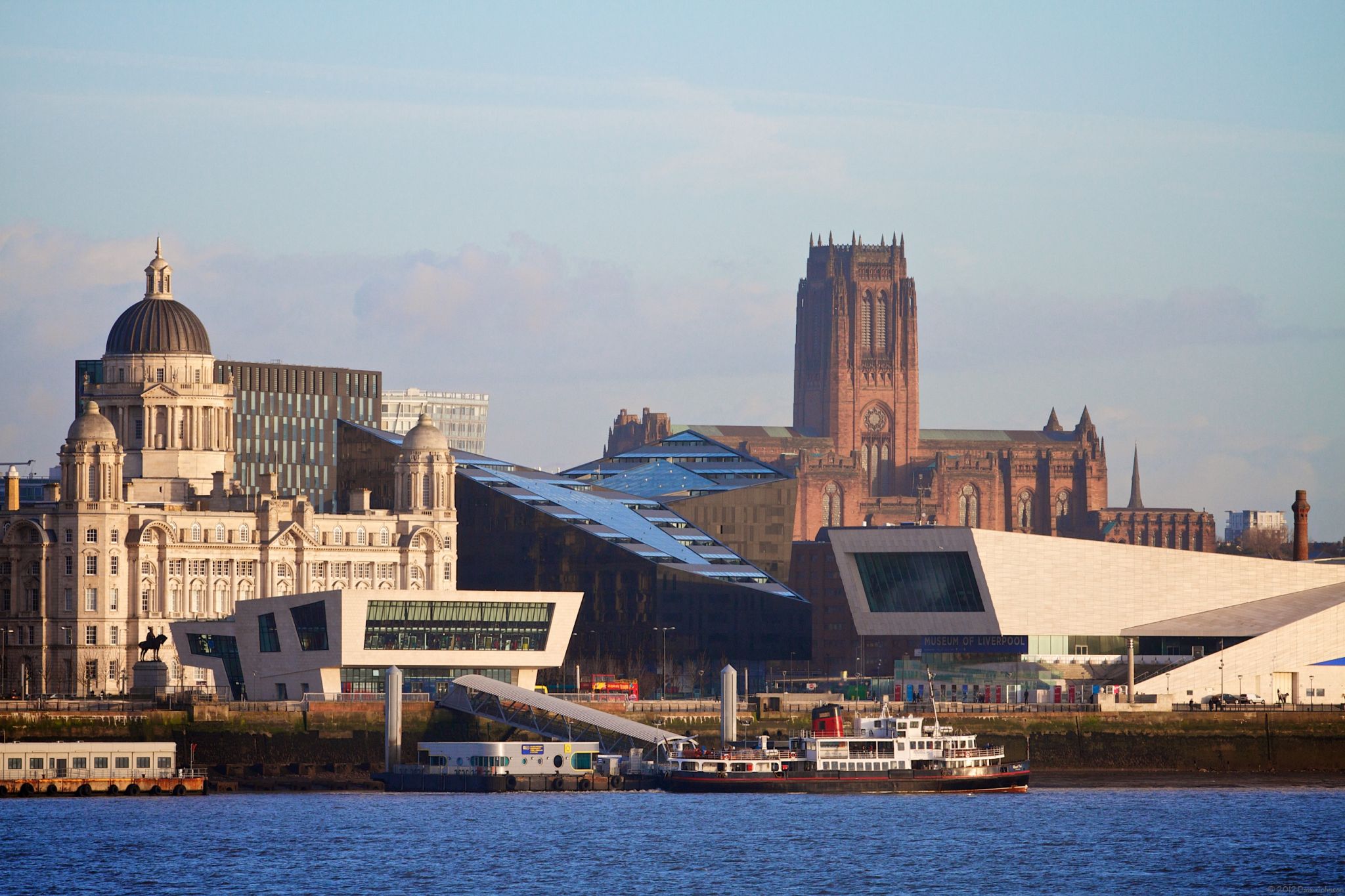
Liverpool (/ˈlɪvərpuːl/) is a city in North West England, with an estimated population of 491,500 in 2017.[5] Its metropolitan area is the fifth-largest in the UK, with a population of 2.24 million in 2011.[6] The local authority is Liverpool City Council, the most populous local government district in the metropolitan county of Merseyside and the largest in the Liverpool City Region.
Liverpool is on the eastern side of the Mersey Estuary, and historically lay within the ancient hundred of West Derby in the south west of the county of Lancashire.[7][8] It became a borough in 1207 and a city in 1880. In 1889, it became a county borough independent of Lancashire. Its growth as a major port was paralleled by the expansion of the city throughout the Industrial Revolution. Along with handling general cargo, freight, raw materials such as coal and cotton, the city merchants were involved in the Atlantic slave trade. In the 19th century, it was a major port of departure for Irish and English emigrants to North America. Liverpool was home to both the Cunard and White Star Line, and was the port of registry of the ocean liner RMS Titanic, the RMS Lusitania, RMS Queen Mary and RMS Olympic.
The popularity of the Beatles and other groups from the Merseybeat era contributes to Liverpool's status as a tourist destination. Liverpool is also the home of two Premier League football clubs, Liverpool and Everton, matches between the two being known as the Merseyside derby. The Grand National horse race takes place annually at Aintree Racecourse on the outskirts of the city.
The city celebrated its 800th anniversary in 2007. In 2008, it was nominated as the annual European Capital of Culture together with Stavanger, Norway.[9] Several areas of the city centre were granted World Heritage Site status by UNESCO in 2004. The Liverpool Maritime Mercantile City includes the Pier Head, Albert Dock, and William Brown Street.[10] Liverpool's status as a port city has attracted a diverse population, which, historically, was drawn from a wide range of peoples, cultures, and religions, particularly from Ireland and Wales. The city is also home to the oldest Black African community in the country and the oldest Chinese community in Europe.
Natives and residents of the city of Liverpool are referred to as Liverpudlians, and colloquially as "Scousers", a reference to "scouse", a form of stew. The word "Scouse" has also become synonymous with the Liverpool accent and dialect.

 Architecture
Architecture
 England
England
 Eurovision Song Contest,ESC
Eurovision Song Contest,ESC

 Financial
Financial
 ***Global Financial Center
***Global Financial Center
 UEFA European Championship 2020
UEFA European Championship 2020

 History
History
 N 2000 - 2100 AD
N 2000 - 2100 AD

 History
History
 M 1500 - 2000 AD
M 1500 - 2000 AD

 History
History
 J 0 - 500 AD
J 0 - 500 AD

 History
History
 K 500 - 1000 AD
K 500 - 1000 AD

 History
History
 L 1000 - 1500 AD
L 1000 - 1500 AD

 International cities
International cities
 ***Global Urban Economic Competitiveness
***Global Urban Economic Competitiveness
 ITU World Championship Series
ITU World Championship Series

 Medieval cities in Europe
Medieval cities in Europe
 Olympic Summer Games
Olympic Summer Games
 1908 Summer Olympics
1908 Summer Olympics
 1944 Summer Olympics
1944 Summer Olympics
 1948 Summer Olympics
1948 Summer Olympics
 2012 Summer Olympics
2012 Summer Olympics
 Silk road
Silk road

 Sport
Sport

 Sport
Sport
 Triathlon
Triathlon
 United Kingdom
United Kingdom

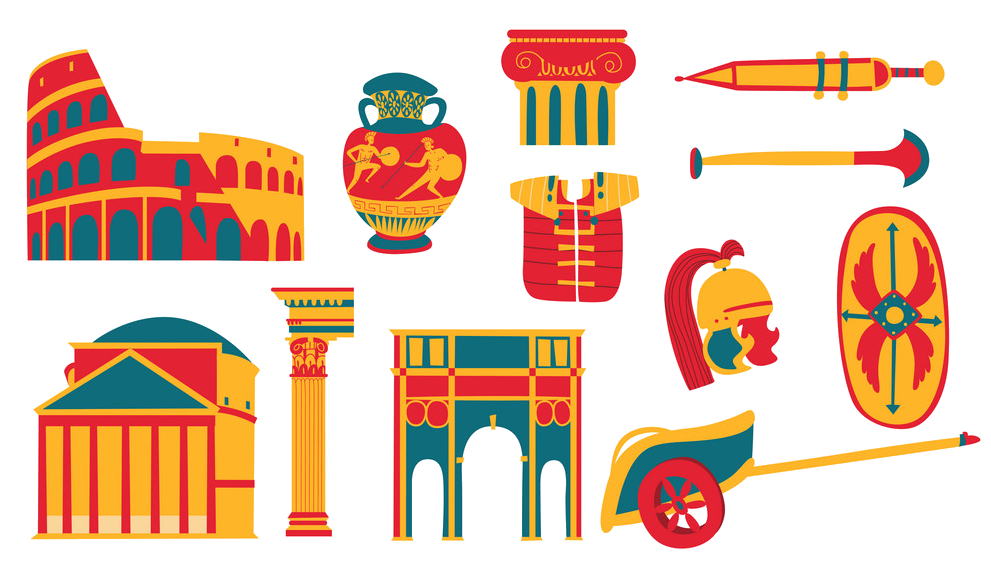 Cities founded by the Romans
Cities founded by the Romans

 World Heritage
World Heritage

 Important port
Important port
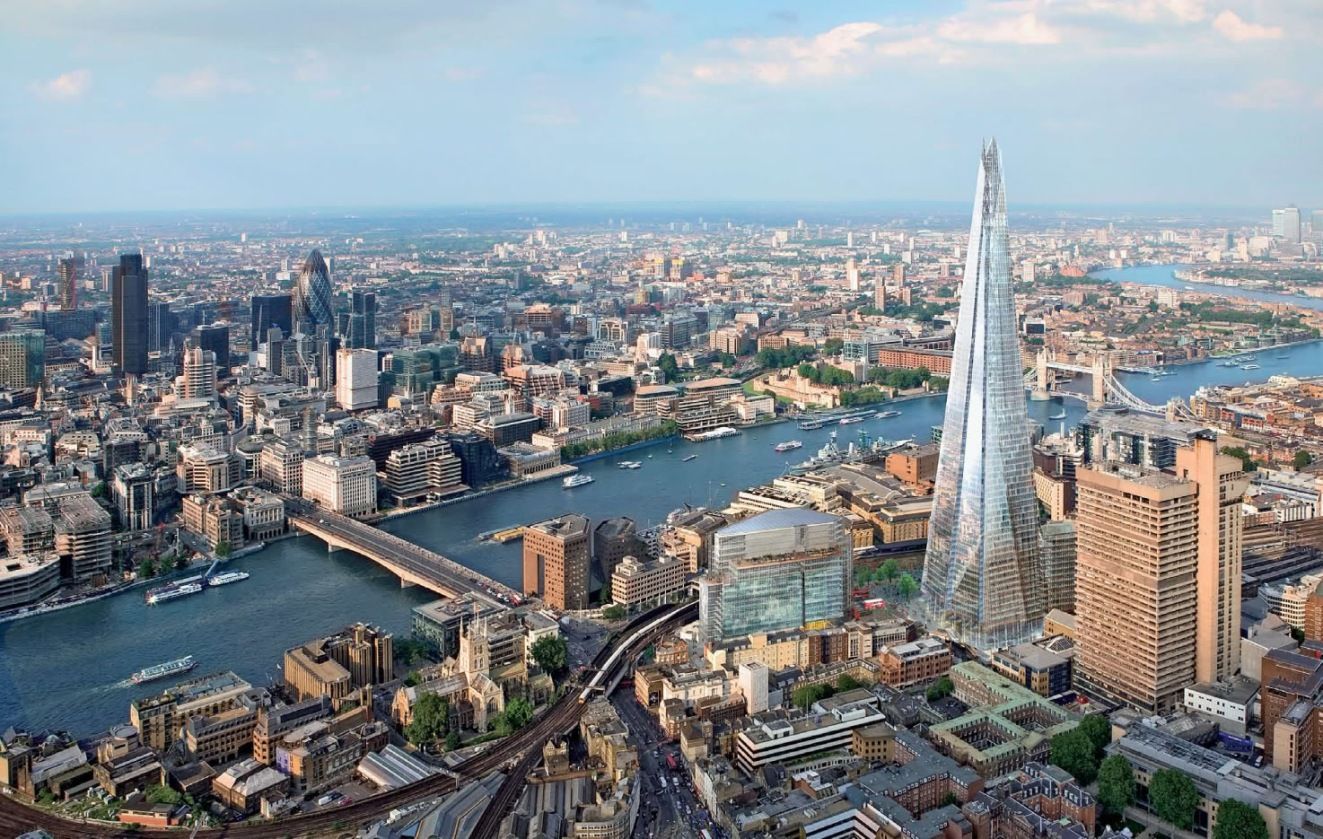
London (/ˈlʌndən/ ( listen) LUN-dən) is the capital and most populous city of England and the United Kingdom.[8][9] Standing on the River Thames in the south east of the island of Great Britain, London has been a major settlement for two millennia. It was founded by the Romans, who named it Londinium.[10] London's ancient core, the City of London, largely retains its 1.12-square-mile (2.9 km2) medieval boundaries. Since at least the 19th century, "London" has also referred to the metropolis around this core, historically split between Middlesex, Essex, Surrey, Kent and Hertfordshire,[11][12][13] which today largely makes up Greater London,[14][15][note 1] a region governed by the Mayor of London and the London Assembly.[16][note 2][17]
listen) LUN-dən) is the capital and most populous city of England and the United Kingdom.[8][9] Standing on the River Thames in the south east of the island of Great Britain, London has been a major settlement for two millennia. It was founded by the Romans, who named it Londinium.[10] London's ancient core, the City of London, largely retains its 1.12-square-mile (2.9 km2) medieval boundaries. Since at least the 19th century, "London" has also referred to the metropolis around this core, historically split between Middlesex, Essex, Surrey, Kent and Hertfordshire,[11][12][13] which today largely makes up Greater London,[14][15][note 1] a region governed by the Mayor of London and the London Assembly.[16][note 2][17]
London is one of the leading global cities[18][19] in the arts, commerce, education, entertainment, fashion, finance, healthcare, media, professional services, research and development, tourism and transportation.[20][21][22] It is the world's largest financial centre[23][24][25][26] and has the fifth or sixth largest metropolitan area GDP in the world.[note 3][27][28] London is often regarded as a world cultural capital.[29][30][31] It is the world's most-visited city as measured by international arrivals[32] and has the world's largest city airport system measured by passenger traffic.[33] It is the world's leading investment destination,[34][35][36][37] hosting more international retailers[38][39] and ultra high-net-worth individuals[40][41] than any other city. London's universities form the largest concentration of higher education institutes in Europe.[42] In 2012, London became the first city to have hosted the modern Summer Olympic Games three times.[43]
London has a diverse range of people and cultures, and more than 300 languages are spoken in the region.[44] Its estimated mid-2016 municipal population (corresponding to Greater London) was 8,787,892,[4] the largest of any city in the European Union[45] and accounting for 13.4% of the UK population.[46] London's urban area is the second most populous in the EU, after Paris, with 9,787,426 inhabitants at the 2011 census.[47] The city's metropolitan area is the most populous in the EU with 14,040,163 inhabitants in 2016,[note 4][3] while the Greater London Authority states the population of the city-region (covering a large part of the south east) as 22.7 million.[48][49] London was the world's most populous city from around 1831 to 1925.[50]
London contains four World Heritage Sites: the Tower of London; Kew Gardens; the site comprising the Palace of Westminster, Westminster Abbey, and St Margaret's Church; and the historic settlement of Greenwich (in which the Royal Observatory, Greenwich defines the Prime Meridian, 0° longitude, and GMT).[51] Other landmarks include Buckingham Palace, the London Eye, Piccadilly Circus, St Paul's Cathedral, Tower Bridge, Trafalgar Square and The Shard. London is home to numerous museums, galleries, libraries, sporting events and other cultural institutions, including the British Museum, National Gallery, Natural History Museum, Tate Modern, British Library and West End theatres.[52] The London Underground is the oldest underground railway network in the world.
 *British think tank
*British think tank

 Financial
Financial
 *United Kingdom economic data
*United Kingdom economic data

 Party and government
Party and government
 *Think Tank
*Think Tank

 Economy and trade
Economy and trade
 Economic and political research
Economic and political research
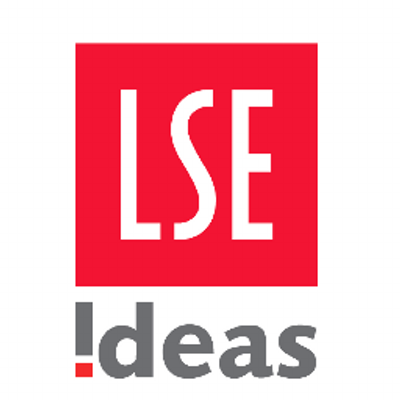
LSE IDEAS is a foreign policy think tank at the London School of Economics and Political Science. IDEAS was founded as a think tank for Diplomacy and Strategy in February 2008, succeeding the Cold War Studies Centre founded in 2004. The Chair is Professor Michael Cox and its Directors are Professor Christopher Coker and Professor Christopher Alden. The 2018 and 2017 Global Go To Think Tank Index run by the University of Pennsylvania's Think Tank and Civil Societies Program ranked LSE IDEAS as the number one European university-affiliated think tank, and the number two university-affiliated think tank in the world.[1][2]
IDEAS runs seven research projects, hosts public and private events (43 in 2017-2018), and publishes analysis of international affairs. From 2017 to 2018, it released 75 publications and held 43 fellowships and scholarships. In addition, IDEAS houses the LSE Executive MSc International Strategy and Diplomacy, a programme designed to enhance the strategic vision of mid-career professionals.
 England
England
 Manchester
Manchester

 History
History
 ITU World Championship Series
ITU World Championship Series
 Silk road
Silk road

 Sport
Sport
 Triathlon
Triathlon
 United Kingdom
United Kingdom

 Cities founded by the Romans
Cities founded by the Romans

 Important port
Important port
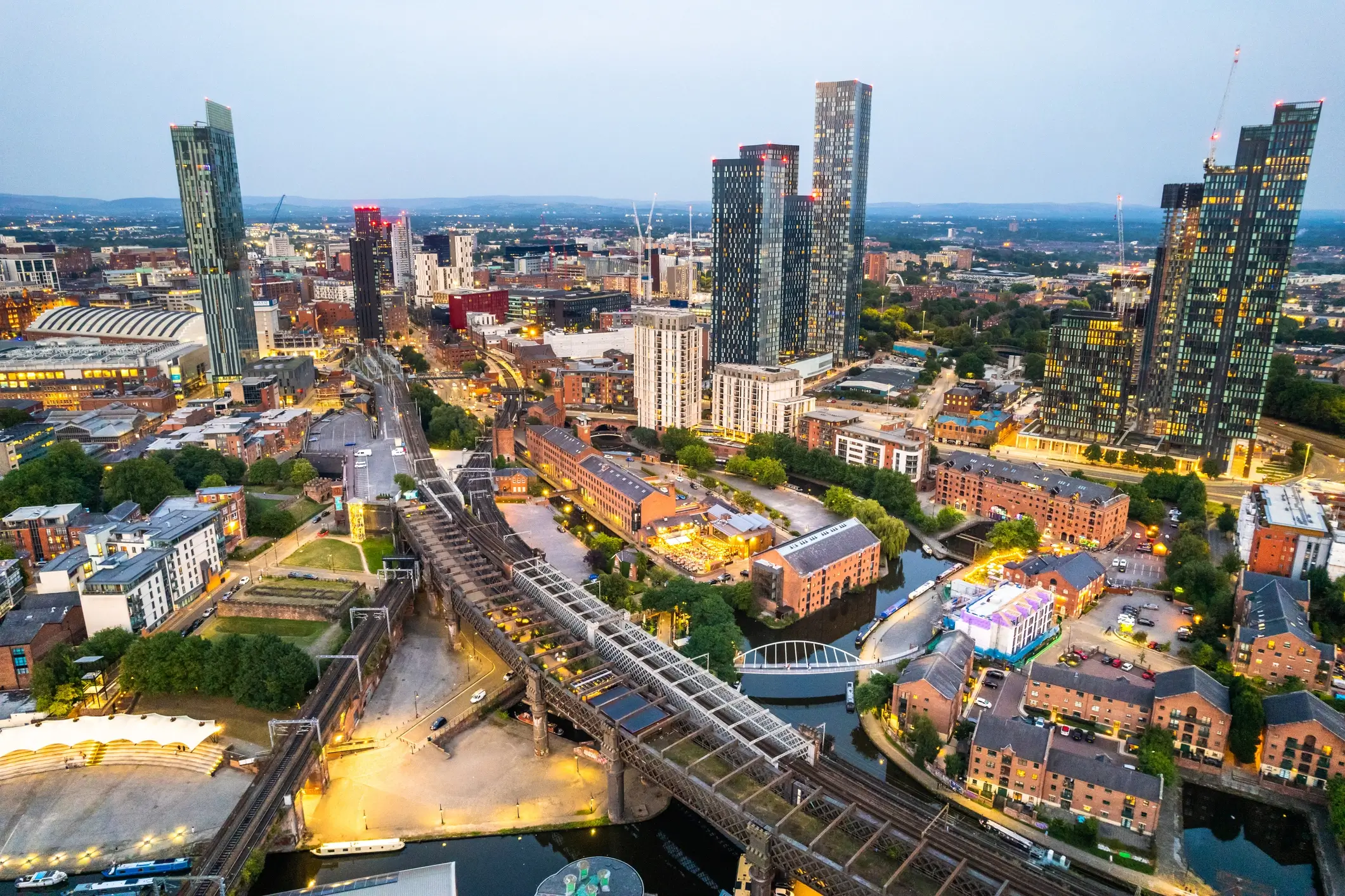
Manchester (/ˈmæntʃɪstər, -tʃɛs-/)[5][6] is a city and metropolitan borough in Greater Manchester, England, with a population of 545,500 as of 2017.[7] It lies within the United Kingdom's third-most populous metropolitan area, with a population of 3.2 million.[8] Manchester is fringed by the Cheshire Plain to the south, the Pennines to the north and east, and an arc of towns with which it forms a continuous conurbation. The local authority is Manchester City Council.
The recorded history of Manchester began with the civilian settlement associated with the Roman fort of Mamucium or Mancunium, which was established in about AD 79 on a sandstone bluff near the confluence of the rivers Medlock and Irwell. It was historically a part of Lancashire, although areas of Cheshire south of the River Mersey were incorporated in the 20th century.[9] Throughout the Middle Ages Manchester remained a manorial township but began to expand "at an astonishing rate" around the turn of the 19th century. Manchester's unplanned urbanisation was brought on by a boom in textile manufacture during the Industrial Revolution,[10] and resulted in it becoming the world's first industrialised city.[11]
Manchester achieved city status in 1853. The Manchester Ship Canal opened in 1894, creating the Port of Manchester and directly linking the city to the Irish Sea, 36 miles (58 km) to the west. Its fortune declined after the Second World War, owing to deindustrialisation, but the IRA bombing in 1996 led to extensive investment and regeneration.[12]
In 2014, the Globalization and World Cities Research Network ranked Manchester as a beta world city, the highest-ranked British city apart from London.[13] Manchester is the third-most visited city in the UK, after London and Edinburgh.[14] It is notable for its architecture, culture, musical exports, media links, scientific and engineering output, social impact, sports clubs and transport connections. Manchester Liverpool Road railway station was the world's first inter-city passenger railway station; scientists first split the atom, developed the stored-program computer and produced graphene in the city. Manchester hosted the 2002 Commonwealth Games.
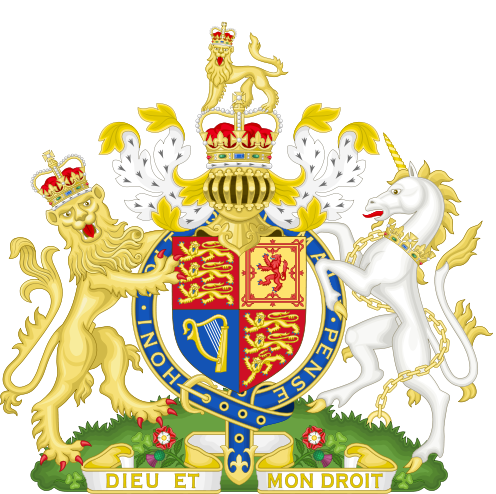
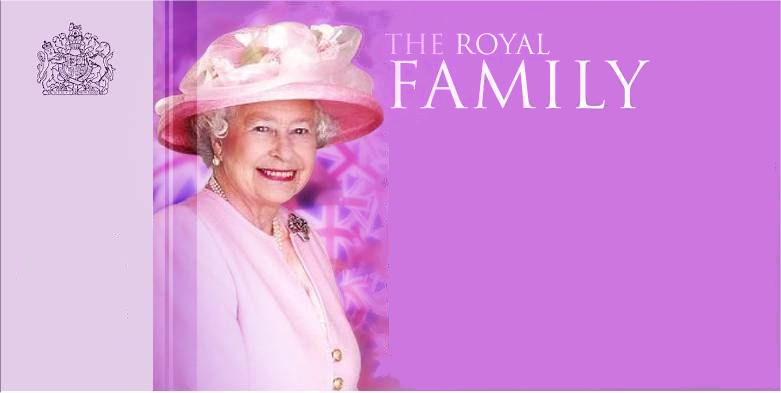
The monarchy of the United Kingdom, commonly referred to as the British monarchy, is the constitutional form of government by which a hereditary sovereign reigns as the head of state of the United Kingdom, the Crown dependencies (the Bailiwick of Guernsey, the Bailiwick of Jersey and the Isle of Man) and the British Overseas Territories. The current monarch is Queen Elizabeth II, who ascended the throne in 1952.
The monarch and their immediate family undertake various official, ceremonial, diplomatic and representational duties. As the monarchy is constitutional, the monarch is limited to functions such as bestowing honours and appointing the prime minister, which are performed in a non-partisan manner. The monarch is also Head of the British Armed Forces. Though the ultimate executive authority over the government is still formally by and through the royal prerogative, these powers may only be used according to laws enacted in Parliament and, in practice, within the constraints of convention and precedent. The Government of the United Kingdom is known as Her (His) Majesty's Government.
The British monarchy traces its origins from the petty kingdoms of Anglo-Saxon England and early medieval Scotland, which consolidated into the kingdoms of England and Scotland by the 10th century. England was conquered by the Normans in 1066, after which Wales also gradually came under control of Anglo-Normans. The process was completed in the 13th century when the Principality of Wales became a client state of the English kingdom. Meanwhile, Magna Carta began the process of reducing the English monarch's political powers. From 1603, the English and Scottish kingdoms were ruled by a single sovereign. From 1649 to 1660, the tradition of monarchy was broken by the republican Commonwealth of England, which followed the Wars of the Three Kingdoms. Following the installation of William and Mary as co-monarchs in the Glorious Revolution, the Bill of Rights 1689, and its Scottish counterpart the Claim of Right Act 1689, further curtailed the power of the monarchy and excluded Roman Catholics from succession to the throne. In 1707, the kingdoms of England and Scotland were merged to create the Kingdom of Great Britain, and in 1801, the Kingdom of Ireland joined to create the United Kingdom of Great Britain and Ireland. The British monarch was the nominal head of the vast British Empire, which covered a quarter of the world's land area at its greatest extent in 1921.
In the early 1920s the Balfour Declaration recognised the evolution of the Dominions of the Empire into separate, self-governing countries within a Commonwealth of Nations. In the years after the Second World War, the vast majority of British colonies and territories became independent, effectively bringing the Empire to an end. George VI and his successor, Elizabeth II, adopted the title Head of the Commonwealth as a symbol of the free association of its independent member states. The United Kingdom and fourteen other independent sovereign states that share the same person as their monarch are called Commonwealth realms. Although the monarch is shared, each country is sovereign and independent of the others, and the monarch has a different, specific, and official national title and style for each realm.
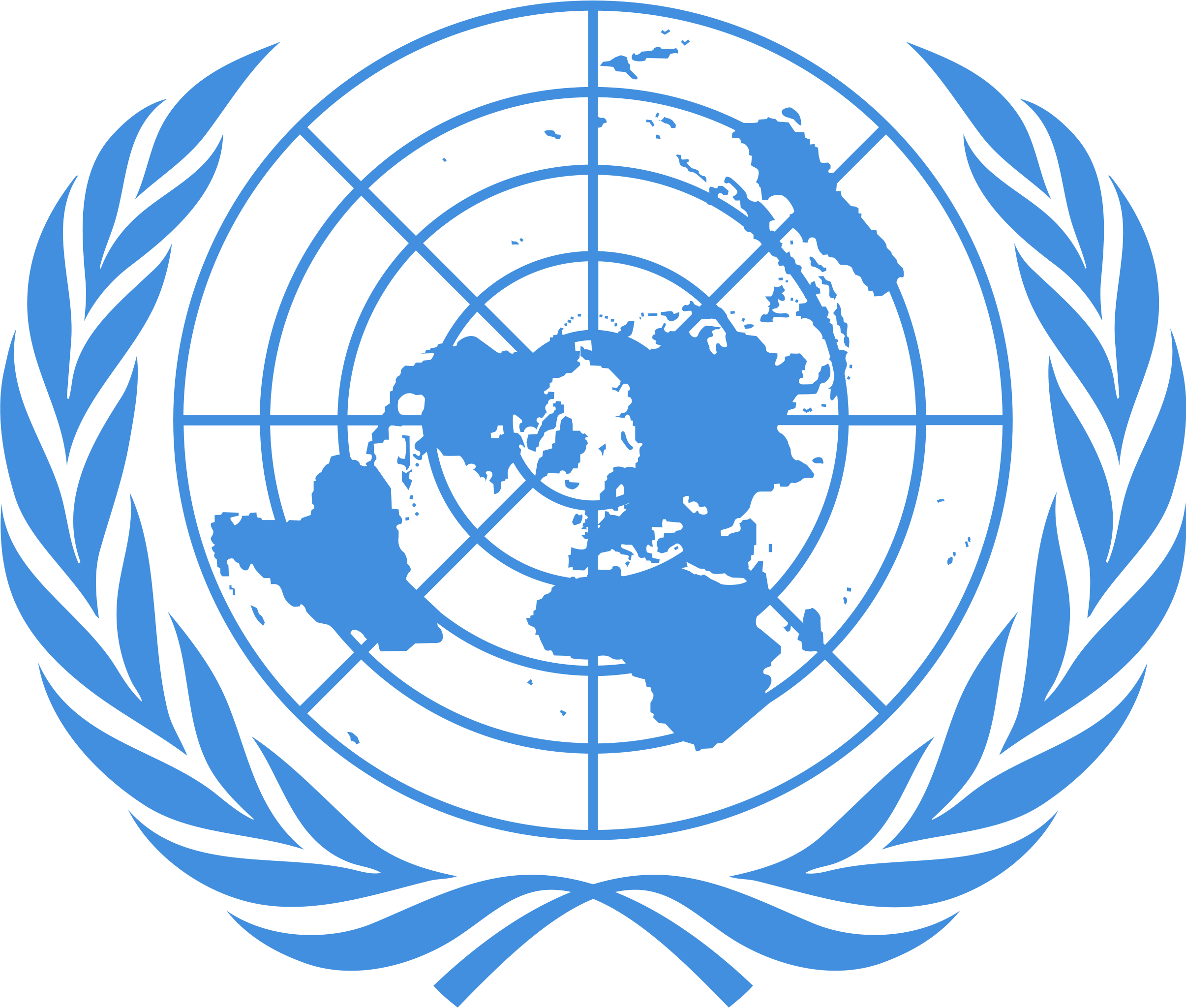 United Nations
United Nations
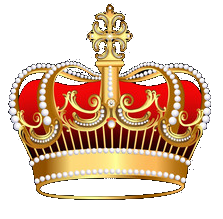 Royalty
Royalty
